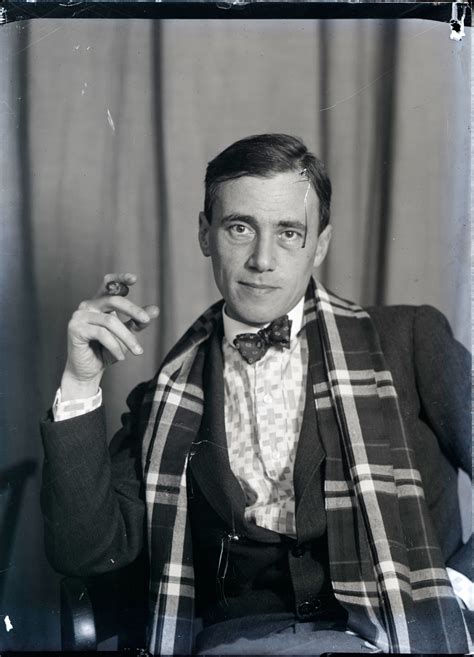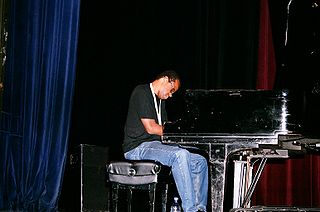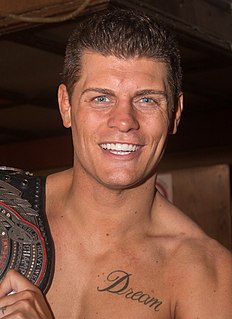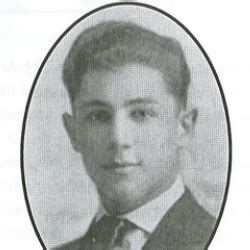A Quote by Quentin S. Crisp
1977 was also, of course, the year that Derek Jarman made his iconoclastic film Jubilee, which was so much part of the punk movement.
Related Quotes
I don't want to give too much away, but something horrible happens in 1977. That was also the year of the Queen's Silver Jubilee. I remember this jubilee. I remember receiving a commemorative coin from the school. I think it was a fifty pence piece. That was its monetary value, but it was not a normal fifty pence piece, and it would have been strange to try and use it in a shop.
One of the things about Derek Jarman was that he was a painter who worked alone when he painted, but I firmly believe that one of the reasons he made films was for the company. He made filmmakers of all of us, that's the truth. I don't mean he necessarily made directors, but he made us filmmakers. Because we lived in a state of mutual responsibility for what we made.
As a late teenager, the punk movement pushed me further. In particular, the Clash, which happened to leak through the time of disco, showed me that there was this cross-cultural sound that could cut across genres and audiences. Like punk was to disco, rap music was a rebellion against R&B, which had adopted disco and made it worse.
The music industry went through such a strange stretch in 1977, especially in this country, with the whole punk rock thing coming about. Punk was rebellious-and justified in that response-but it had very little to do with music, and so it created a highly-charged but frighteningly floundering atmosphere that I found very, very disheartening. Musical quality for me has always been an important part of rock'n'roll-and winning recognition for that has long been an uphill battle all the way. Punk seemed like rock'n'roll utterly without the music.
I let her through. She checked Derek's pulse and his breathing, saying both seemed okay, then leaned down to his face. "Nothing weird on his breath. Smells . . . like toothpaste." Derek's eyes opened, and the first thing he saw was Tori's face inches from his. He jumped and let out an oath. Simon cracked up. I madly motioned for him to be quiet. "Are you okay?" I asked Derek. "He is now," Simon said. "After Tori jump-started his heart.






























